Find Help
More Items From Ergsy search
-
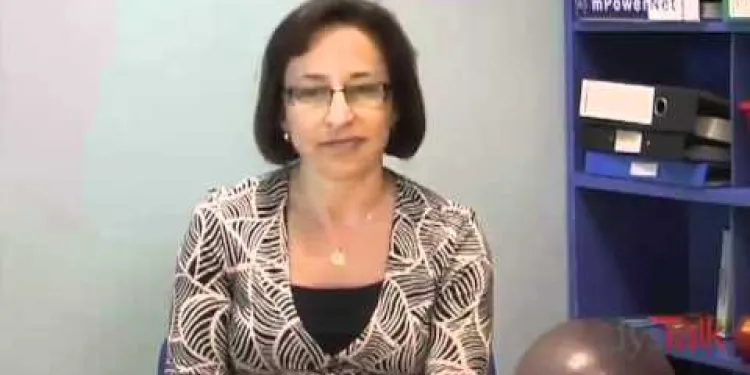
What is Dyspraxia (DCD)?
Relevance: 100%
-
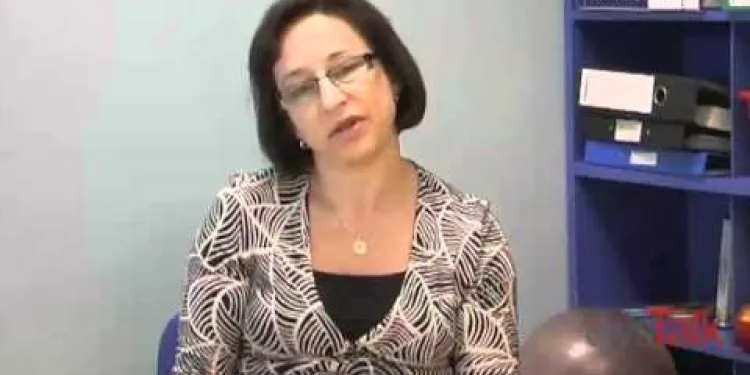
Dyspraxia Symptoms & Signs
Relevance: 62%
-
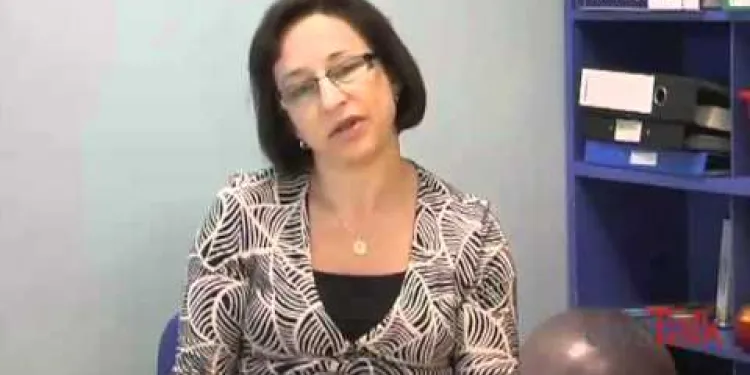
Dyspraxia Symptoms & Signs
Relevance: 61%
-

What is Dyspraxia? (Short Version)
Relevance: 60%
-
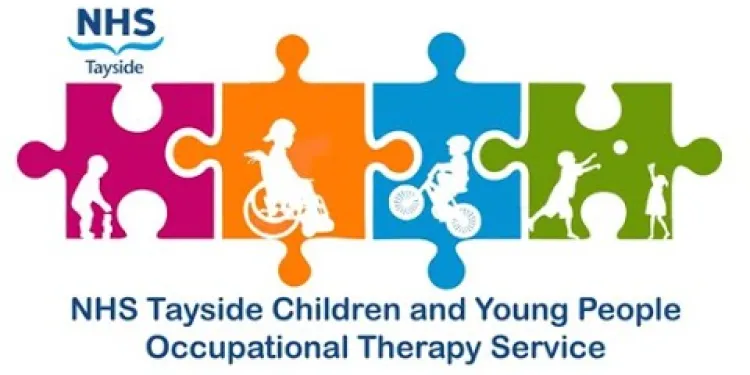
Developmental Coordination Disorder (DCD) for Children and Young People
Relevance: 59%
-
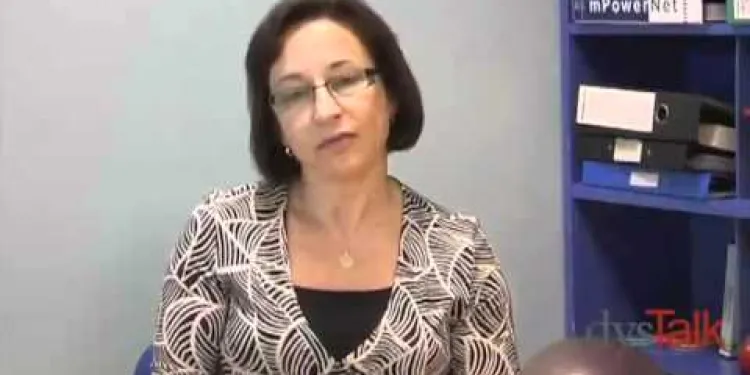
Dyspraxia Children: How to Help
Relevance: 59%
-
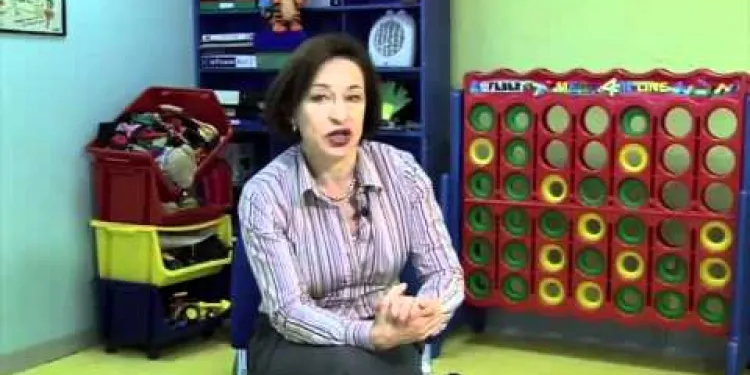
Children With Co-ordination Difficulties and Dyspraxia
Relevance: 59%
-
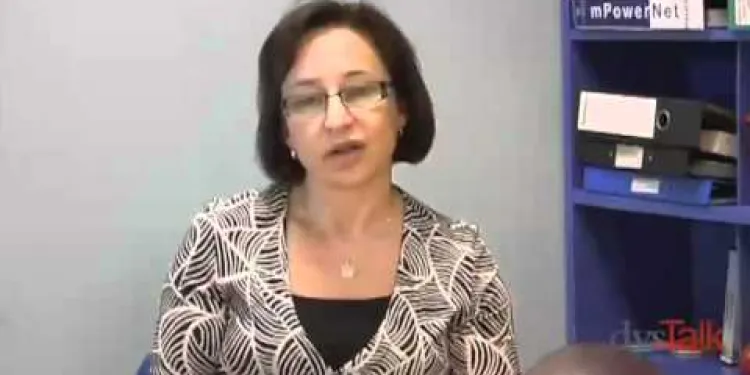
Dyslexia, Dyspraxia & Overlapping Learning Difficulties
Relevance: 58%
-
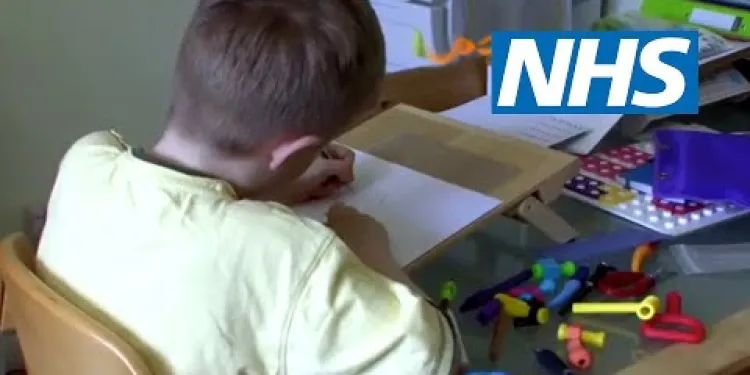
Childhood dyspraxia: James' story | NHS
Relevance: 57%
-
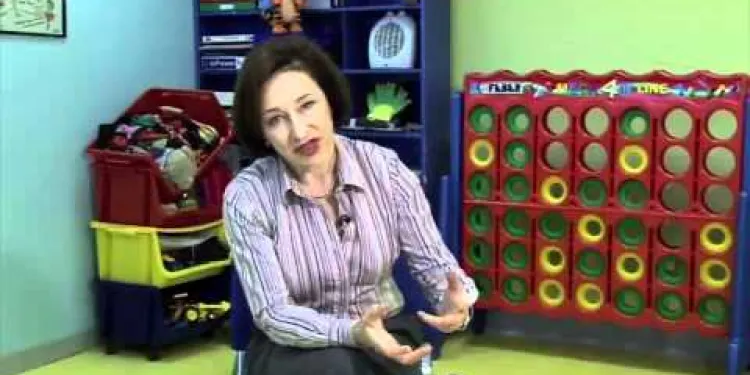
Helping Children With Co-ordination Difficulties
Relevance: 14%
What is Dyspraxia (DCD)?
Introduction to Dyspraxia
Dyspraxia, also known as Developmental Coordination Disorder (DCD), is a neurological condition that affects physical coordination and motor skills. It is recognized as a lifelong condition and can significantly impact daily activities and quality of life. While not associated with global cognitive impairment, dyspraxia can lead to difficulties in planning and executing movements, which can affect various aspects of an individual's life.
Symptoms and Characteristics
Common symptoms of dyspraxia in children include difficulty in playing sports or activities that require hand-eye coordination, problems with fine motor skills like writing or using cutlery, and challenges in performing tasks that require sequencing, such as tying shoelaces. In adults, symptoms can manifest as difficulties in driving, organizational challenges, and problems with time management.
Causes and Risk Factors
The exact cause of dyspraxia is not fully understood, but it is believed to be related to the way the brain processes information, especially in relation to motor skills. Genetic factors may play a role, and there can be a family history of coordination problems. Premature birth, low birth weight, and exposure to alcohol or drugs during pregnancy are considered risk factors.
Diagnosis and Assessment
Diagnosing dyspraxia typically involves a comprehensive assessment by a multidisciplinary team, including paediatricians, occupational therapists, and educational psychologists. Diagnosis is often made based on observed difficulties and developmental history, typically around school age, although adults can also be diagnosed. Standardised tests may be used to assess motor skills and functional impact.
Managing Dyspraxia
While there is no cure for dyspraxia, various interventions can help manage the condition. Occupational therapy can provide strategies to improve motor skills and daily living activities. Physical therapy may help with coordination and balance. Additionally, educational support can assist children in coping with academic challenges, and workplace adjustments can benefit adults. Support groups and resources are also available to provide assistance and community connections for those affected by dyspraxia.
What is Dyspraxia (DCD)?
Introduction to Dyspraxia
Dyspraxia, or DCD, is a condition that makes it hard to move and control your body. It affects how people do things every day. Dyspraxia does not make you less smart, but it can make it hard to plan and do movements.
Symptoms and Characteristics
Kids with dyspraxia find it hard to play sports or games that need quick hand-eye movements. They might find it hard to write or use a fork and knife. They could also have trouble doing things in the right order, like tying shoelaces. Grown-ups can find driving difficult, feel disorganized, or have trouble being on time.
Causes and Risk Factors
We do not exactly know what causes dyspraxia. It might be how the brain handles movement. If your family has had movement problems, you may have it too. Being born early, having low weight at birth, or if the mother drank alcohol or used drugs during pregnancy can be risks.
Diagnosis and Assessment
Doctors figure out if someone has dyspraxia by watching how they move and grow. A team of doctors and therapists will help with this. They use tests to see how well someone can move. This can happen when children start school, but grown-ups can also find out if they have dyspraxia later.
Managing Dyspraxia
Dyspraxia cannot be cured, but there are ways to help. An occupational therapist can teach ways to make daily life easier. Physical therapy can help with balance. Schools can support kids with learning, and workplaces can help adults with their jobs. There are also groups and resources for support and friendship.
Frequently Asked Questions
What is Dyspraxia (DCD)?
Dyspraxia, also known as Developmental Coordination Disorder (DCD), is a common disorder affecting fine and/or gross motor coordination in children and adults. It may also affect speech.
Is Dyspraxia the same as Developmental Coordination Disorder (DCD)?
Yes, Dyspraxia is the term commonly used in the United Kingdom, while Developmental Coordination Disorder (DCD) is the term used internationally.
What are the main symptoms of Dyspraxia?
Symptoms include poor balance, poor hand-eye coordination, difficulty with handwriting, trouble with dressing and using cutlery, and challenges with planning and organisation.
At what age can Dyspraxia be diagnosed?
Dyspraxia can be diagnosed at any age, but symptoms often become noticeable by the age of 3 to 5 years. A formal diagnosis is typically made by a healthcare professional through a series of assessments.
Is Dyspraxia related to intelligence?
No, Dyspraxia is not related to intelligence. People with Dyspraxia have a range of intellectual abilities, just like those without the condition.
What causes Dyspraxia?
The exact cause of Dyspraxia is unknown, but it is believed to be related to the way that the brain processes information. It is not caused by brain damage or any injury.
How common is Dyspraxia (DCD) in the UK?
It is estimated that Dyspraxia affects around 5-6% of children in the UK, with approximately 2% being severely affected. It is more common in boys than in girls.
Can Dyspraxia be cured?
There is no cure for Dyspraxia, but with the right support and interventions, individuals can manage their symptoms effectively and lead fulfilling lives.
What kind of support is available for individuals with Dyspraxia?
Support can include occupational therapy, physical therapy, speech and language therapy, and educational support tailored to the individual's needs.
Can adults be diagnosed with Dyspraxia?
Yes, adults can be diagnosed with Dyspraxia. Many adults may realize they have the condition after learning about it through their child's diagnosis or encountering the symptoms later in life.
Are there any famous people with Dyspraxia?
Yes, several well-known individuals have Dyspraxia, including Daniel Radcliffe, the actor known for playing Harry Potter.
Does Dyspraxia affect social skills?
Yes, Dyspraxia can affect social skills. Individuals may find it challenging to understand social cues, participate in conversations, or keep up with their peers in social settings.
Can Dyspraxia affect academic performance?
Yes, Dyspraxia can impact academic performance, particularly in tasks that require fine motor skills such as writing, or activities that require coordination and organisation.
What can teachers do to help students with Dyspraxia?
Teachers can provide additional time for tasks, use technology to assist with writing, break down tasks into smaller steps, and create a supportive and understanding classroom environment.
Is Dyspraxia recognised as a disability in the UK?
Yes, Dyspraxia is recognised as a disability under the Equality Act 2010 in the UK, which helps ensure individuals with Dyspraxia receive appropriate support and accommodations.
What is Dyspraxia?
Dyspraxia is when someone finds it hard to move their body in the way they want. It can make things like writing, playing sports, or even tying shoelaces tricky.
People with dyspraxia may need more time to learn new physical skills.
If someone has dyspraxia, it's good to use helpful tools like special grips for pencils or to practice with pictures and step-by-step guides. It's important to be patient and take things one step at a time.
Dyspraxia, or DCD, is a problem some kids and grown-ups have. It makes it hard to move well. It can also make speaking tricky.
Is Dyspraxia the same as Developmental Coordination Disorder (DCD)?
Dyspraxia and Developmental Coordination Disorder (DCD) are two names for the same thing. They both mean that someone has trouble with movement and coordination. This can make it hard to do things like writing, running, or using scissors.
If you find it hard to move in these ways, there are things that can help:
- Practice: Doing things more often can make them easier over time.
- Occupational Therapy: A special helper can teach you new ways to do tasks.
- Use Tools: Things like special grips or easy-to-use tools can help.
- Ask for Help: It's okay to ask family, friends, or teachers for help.
Yes, in the United Kingdom, people say "Dyspraxia". In other countries, people say "Developmental Coordination Disorder" or "DCD" for short.
What are the main signs of Dyspraxia?
Dyspraxia can make some things hard to do. Here are the main signs:
- You might find it hard to move in a smooth way. You could trip or fall over.
- Writing or drawing can be tricky for you.
- Using scissors or buttons might be tough.
- You could have trouble talking or finding the right words.
- You might find it hard to plan and organize things.
Tools and tips that can help:
- Use big pens and pencils to help with writing.
- Take breaks if you feel tired.
- Practice doing one thing at a time.
- Use a timer to help you stay on track.
- Ask a grown-up or a friend for help if you need it.
Signs you might notice:
- It's hard to keep your balance.
- Hand and eye coordination is tricky.
- Writing with a pen or pencil is tough.
- Getting dressed and using a fork and knife is hard.
- Planning and organizing things is difficult.
Helpful tips:
- Use big, easy-to-hold pencils and pens.
- Practice using zippers and buttons with help.
- Try apps or games that help with hand-eye coordination.
- Make checklists to help remember things to do.
How old do you have to be to know if you have Dyspraxia?
Doctors can find out if someone has dyspraxia at any age. But, signs usually start to show when a child is 3 to 5 years old. A doctor looks at these signs to see if a person has dyspraxia.
Does Dyspraxia affect how smart someone is?
No, Dyspraxia does not affect how smart someone is. People with Dyspraxia can be smart in different ways, just like anyone else.
For help, try breaking tasks into smaller steps or using tools like planners and lists.
What makes Dyspraxia happen?
We don't know exactly what causes Dyspraxia. We think it has something to do with how the brain handles information. It is not because of brain damage or any injury.
If you need help understanding this, you can try using audiobooks to listen to information instead of reading. Drawing pictures can also help explain ideas. Remember, using tools that help you understand better is okay!
How many people have Dyspraxia (DCD) in the UK?
Dyspraxia, also called DCD, is when someone's brain has trouble with movement and coordination. This means it can be hard for them to do things like writing or catching a ball.
In the UK, about 1 in 10 people have Dyspraxia. This means if you know 10 people, 1 of them might have Dyspraxia. Boys are more likely to have it than girls.
If you have Dyspraxia, some things can help you. You can try working with an occupational therapist. They can help you learn new ways to do things. Using a special pen might make writing easier.
Dyspraxia is a condition that makes it hard for some children to do things like write or play sports. In the UK, about 5-6 out of every 100 children have Dyspraxia. Around 2 out of 100 have it really bad. Dyspraxia is more common in boys than girls.
Can Dyspraxia be cured?
Dyspraxia is a condition that affects how people move and do things. It makes things like writing or playing sports a bit harder.
Right now, there is no cure for dyspraxia. This means it doesn't go away completely. But, people with dyspraxia can get better at doing things by practicing and using special tools.
For example, they can have help from teachers or therapists. Special exercises can make their muscles stronger. There are also tools like computers or tablets that can help with writing or typing.
With help and practice, people with dyspraxia can learn to do many things well.
There is no way to completely get rid of Dyspraxia. But with the right help and support, people can handle their symptoms well and have happy lives.
What help can people with Dyspraxia get?
Dyspraxia can make some things hard to do. But there is help!
Here are some ways people with Dyspraxia can get support:
- Occupational Therapy: This helps with skills like dressing and writing.
- Speech Therapy: This helps if talking is hard.
- Physical Therapy: This helps make the body strong.
- Extra Time at School: Sometimes extra time is given for tests.
- Technology Tools: Computers and tablets can help with writing and reading.
- Support Groups: Meeting others with Dyspraxia can be helpful.
If you need help, talk to a teacher, doctor, or someone you trust. They can help you find the right support.
You can get help from different kinds of therapy. This includes help with how your body moves, called physical therapy. There is also therapy to make it easier to do everyday things, called occupational therapy. If you need help with talking or understanding speech, there is speech and language therapy. There is also special help for learning at school that is just right for you.
Can grown-ups find out if they have Dyspraxia?
Yes, grown-ups can find out if they have Dyspraxia. Dyspraxia makes it hard to move or do some things easily.
If you think you might have Dyspraxia, you can talk to a doctor. They can help you. You might also work with therapists to make things easier.
Using tools like lists or timers can help you remember things. Practice can also make some tasks easier.
Yes, grown-ups can find out they have Dyspraxia. Sometimes, they learn about it when their child is told they have it or when they notice signs as they get older.
Are there any famous people with Dyspraxia?
Yes! Some well-known people have Dyspraxia.
Dyspraxia makes it hard for people to do things like writing or sports.
It does not stop people from being great at what they love.
To help with Dyspraxia, people can use tools like special pens or ask for extra time in school.
Practicing and trying different ways to do things can also help.
Yes, some famous people have Dyspraxia. One of them is Daniel Radcliffe. He is the actor who played Harry Potter in the movies.
If reading is hard, try using tools that read text out loud. Also, breaking text into smaller parts can help make reading easier.
Does Dyspraxia affect social skills?
Dyspraxia is a condition that can make it hard for some people to move their bodies smoothly. This can also affect how they talk and play with other people.
Some people with dyspraxia might find it hard to make friends. They might also struggle to understand jokes or take turns when talking. This means social skills can be a bit tricky.
There are things that can help. Practicing social skills, like saying "hello" or sharing, can be useful. Also, asking an adult or teacher for help can make things easier.
There are also some apps and games that can help practice talking and playing with others.
Yes, dyspraxia can make it harder to make friends. People with dyspraxia might have trouble knowing when to talk or what to say. It can be hard for them to join in with others or keep up with their friends.
Here are some ideas to help:
- Practice talking with a family member or friend.
- Use picture cards to learn about feelings and body language.
- Join a group or club with a shared interest to make friends more easily.
Does Dyspraxia make school harder?
Dyspraxia can make things like writing, talking, and moving around harder. This can make schoolwork more difficult. Here are some things that can help:
- Get extra help: A teacher or helper can spend more time with you.
- Use tools: Like special pens or computers to make writing easier.
- Take breaks: Short breaks can make it easier to focus again.
- Practice skills: Doing small activities can help get better over time.
If you or someone you know has Dyspraxia, it’s good to talk to a teacher or a parent about getting extra help.
Yes, Dyspraxia can make school harder. It can make writing and other tasks that need careful hand movements difficult. It can also make it hard to do things that need planning and coordination.
How can teachers help students with Dyspraxia?
Dyspraxia makes it hard to do things like writing and moving smoothly. Here are ways teachers can help:
- Give Extra Time: Let students have more time to finish work.
- Break Tasks into Steps: Show how to do things one step at a time.
- Use Tools: Things like pencil grips and computer tools can help.
- Make Easy Plans: Use pictures and charts to show what to do.
- Be Patient: Understand students might need more practice.
- Encourage Them: Tell students they are doing well often.
- Work with Helpers: Talk to parents and helpers to support students.
By doing these things, teachers can make learning easier and more fun for students with Dyspraxia.
Teachers can give more time for work, use technology to help with writing, break tasks into smaller steps, and make the classroom friendly and helpful.
Does the UK know that Dyspraxia is a disability?
Yes, Dyspraxia is seen as a disability in the UK. This means people with Dyspraxia can get help. There are ways to make things easier, like using special tools or getting extra support at school. If you think you have Dyspraxia, talking to a doctor or teacher can help you find the right support.
Yes, Dyspraxia is known as a disability in the UK. This means there are laws to help people with Dyspraxia. The laws make sure they get the support and help they need.
Useful Links
This website offers general information and is not a substitute for professional advice.
Always seek guidance from qualified professionals.
If you have any medical concerns or need urgent help, contact a healthcare professional or emergency services immediately.
- Ergsy carfully checks the information in the videos we provide here.
- Videos shown by Youtube after a video has completed, have NOT been reviewed by ERGSY.
- To view, click the arrow in centre of video.
- Most of the videos you find here will have subtitles and/or closed captions available.
- You may need to turn these on, and choose your preferred language.
- Go to the video you'd like to watch.
- If closed captions (CC) are available, settings will be visible on the bottom right of the video player.
- To turn on Captions, click settings .
- To turn off Captions, click settings again.
More Items From Ergsy search
-

What is Dyspraxia (DCD)?
Relevance: 100%
-

Dyspraxia Symptoms & Signs
Relevance: 62%
-

Dyspraxia Symptoms & Signs
Relevance: 61%
-

What is Dyspraxia? (Short Version)
Relevance: 60%
-

Developmental Coordination Disorder (DCD) for Children and Young People
Relevance: 59%
-

Dyspraxia Children: How to Help
Relevance: 59%
-

Children With Co-ordination Difficulties and Dyspraxia
Relevance: 59%
-

Dyslexia, Dyspraxia & Overlapping Learning Difficulties
Relevance: 58%
-

Childhood dyspraxia: James' story | NHS
Relevance: 57%
-

Helping Children With Co-ordination Difficulties
Relevance: 14%




